After the highly anticipated release of the trailer for Rogue One, the upcoming Star Wars movie due to hit theatres December 16th, there was an uproar (as per usual within fan bases as big as that of the Star Wars franchise) of disapproval among fans.
The film’s main character is being played by actress Felicity Jones, well known for her role in The Theory of Everything (2014). However, some fans are displeased with the fact that the creators of Rogue One chose a female lead for the film, especially after having a female lead in the most recent Star Wars film, despite the fact that every Star Wars movie prior has had a male lead.
The fact that some consider having two female leads in a row for the same movie franchise “taboo” in 2016 speaks to the amount of under representation of women that still exists within the movie industry, especially in leading roles.
Let women be more than the tropes they have been confined to; let women be more than just strong or weak. (…) Women are human, and they are varied—they should be portrayed as such.
Additionally, oftentimes when women are represented in media, they are portrayed in a stereotypical manner—minimized to certain tropes or extracted into a singular characteristic, rather than portraying women as multifaceted individuals. In superhero movies, and other film franchises that tend to play into male fan service, female characters are often over-sexualized as well; they are described as “strong” while being portrayed as one-dimensional and oversimplified—traits that are untrue of any human being.
By putting women in more leading roles, they have the opportunity to be written as complex and nuanced characters; instead of being there to assist or react to another character, they should be able to stand alone like their male counterparts.
To me, the following quote embodies exactly what the media should strive to do when representing female characters:
“Screw writing “strong” women. Write interesting women. Write well-rounded women. Write complicated women. Write a woman who’s desperate for a husband. Write a woman who doesn’t need a man. Write women who cry, women who rant, women who need validation and women who don’t care what anybody thinks. THEY ARE ALL OKAY, and all those things could exist in THE SAME WOMAN. Women shouldn’t be valued because we are strong, but because we are people.“
The following includes some of my personal favorite female characters in media:
Let women be more than the tropes they have been confined to; let women be more than just strong or weak. Women can be heroines, but they can also be villains, mentors, comic relief, sidekicks, etc. I want to see more women of color, trans women– women that do not fit into a cookie cutter standard represented in media. Women are human, and they are varied—they should be portrayed as such.
The media, from movies to TV shows to broadcast journalism and so on, has a long way to go in terms of representation, especially when considering the under representation of people of color. However, by introducing a female protagonist, Rogue One is not just attempting to make a social statement; they are simply acknowledging that women make up half of the world’s population, and therefore deserve to be represented as often and as accurately as men.

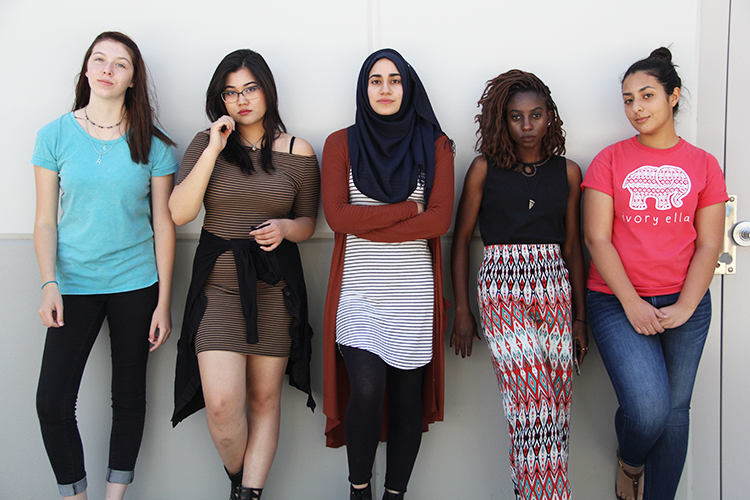
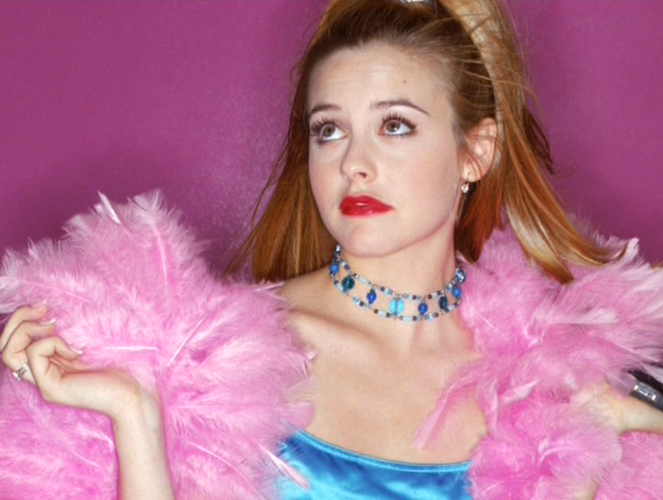
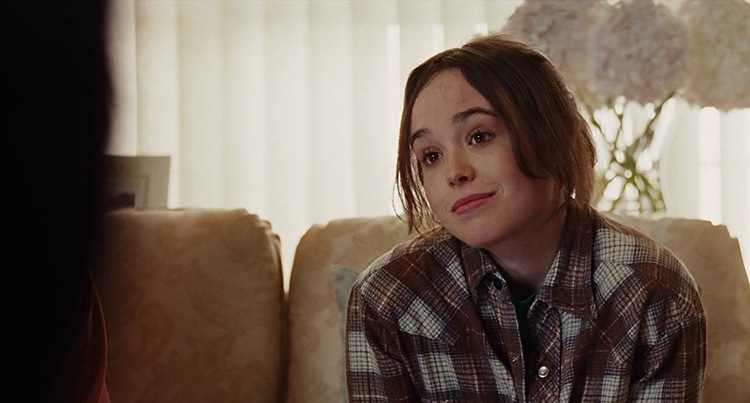
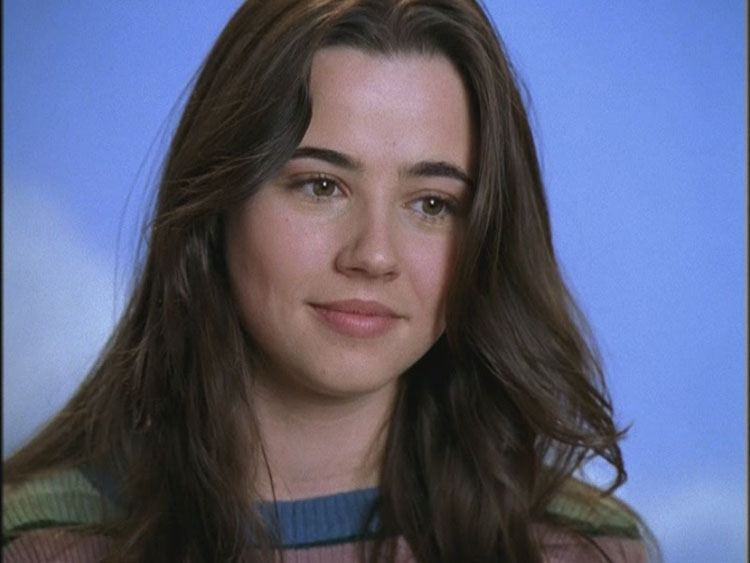
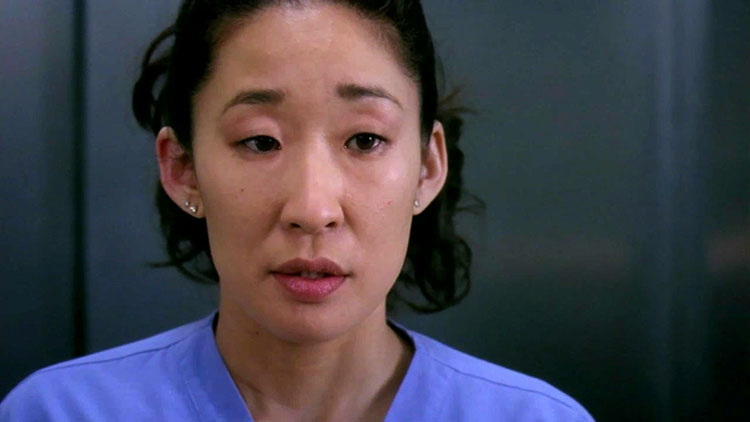
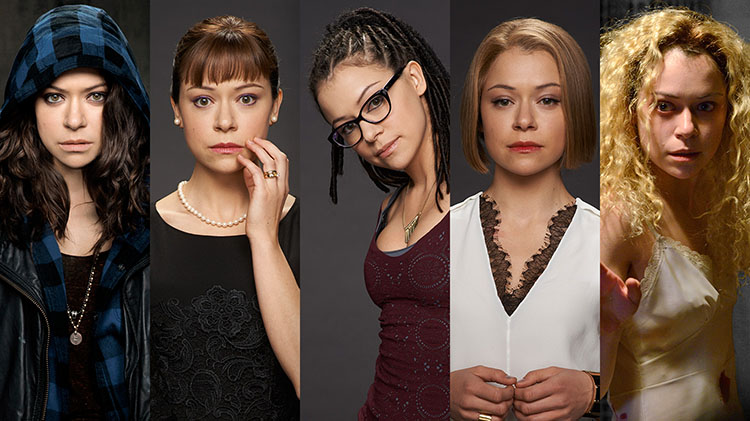
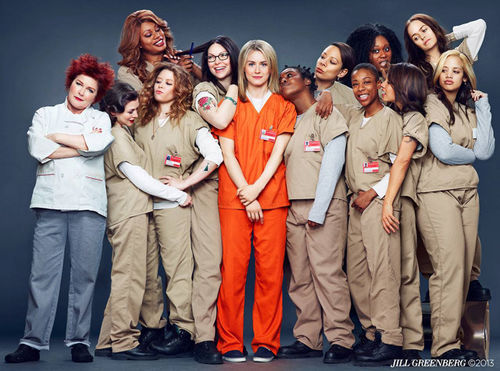
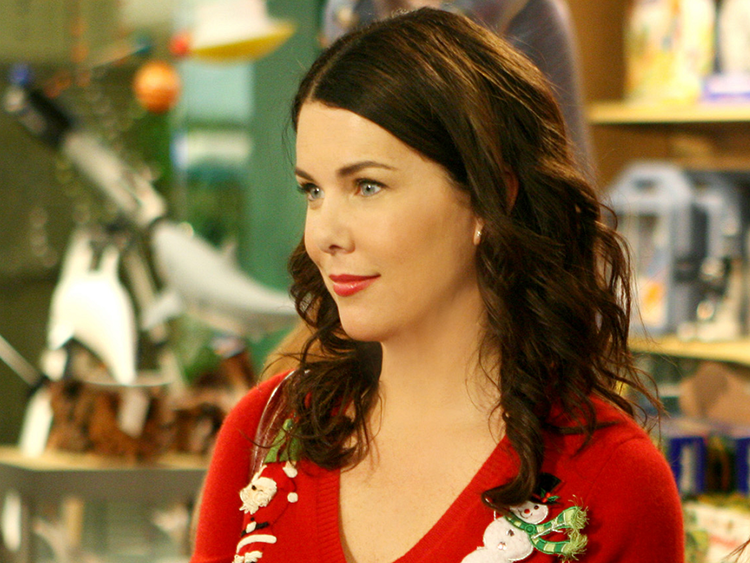

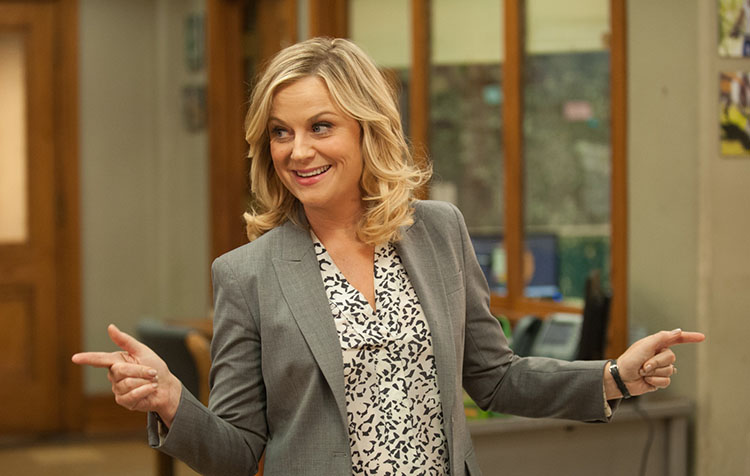
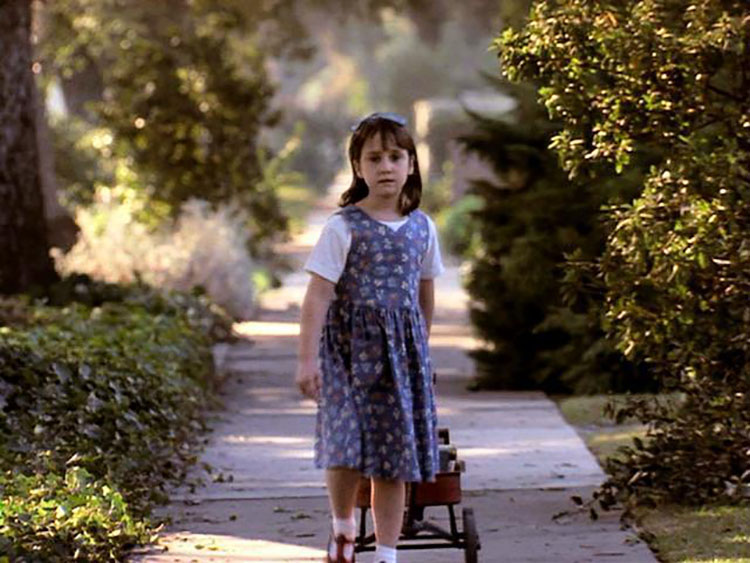
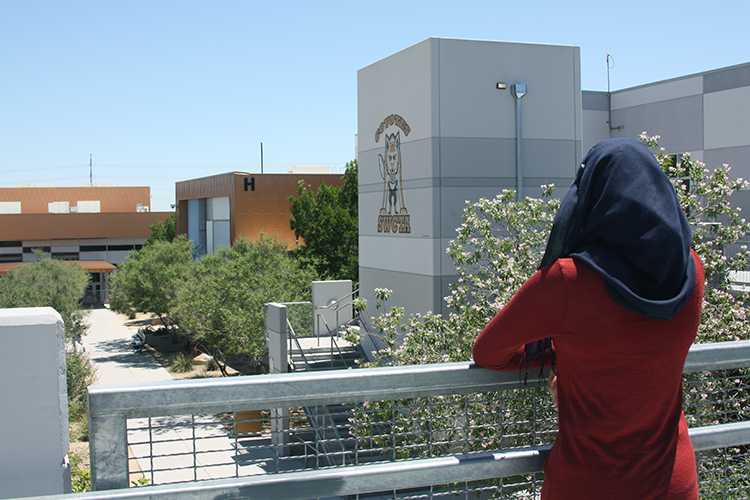
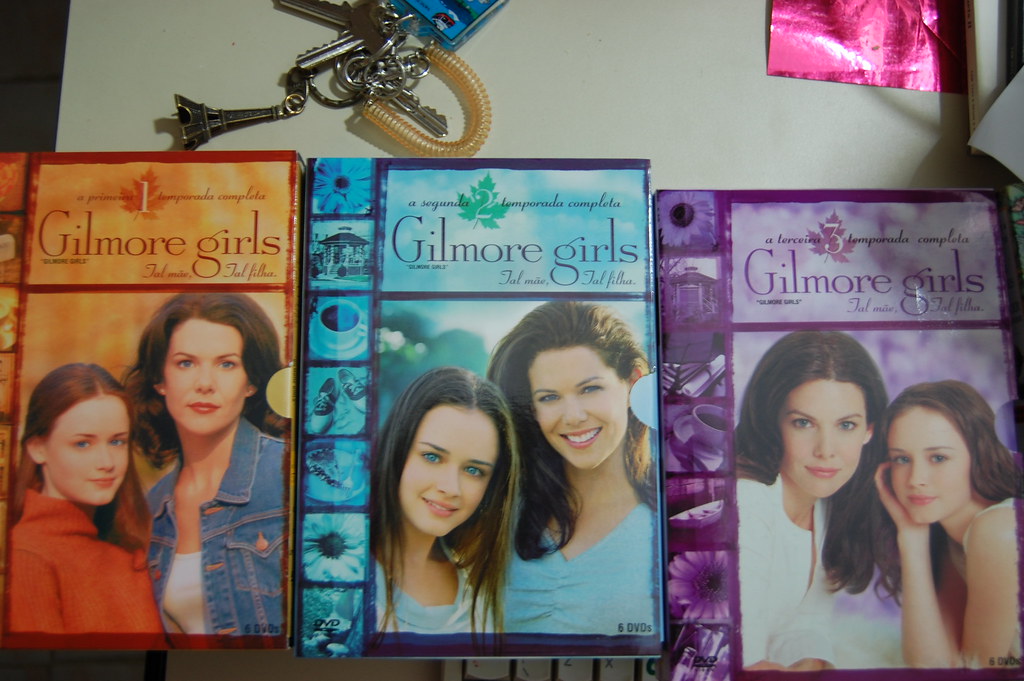
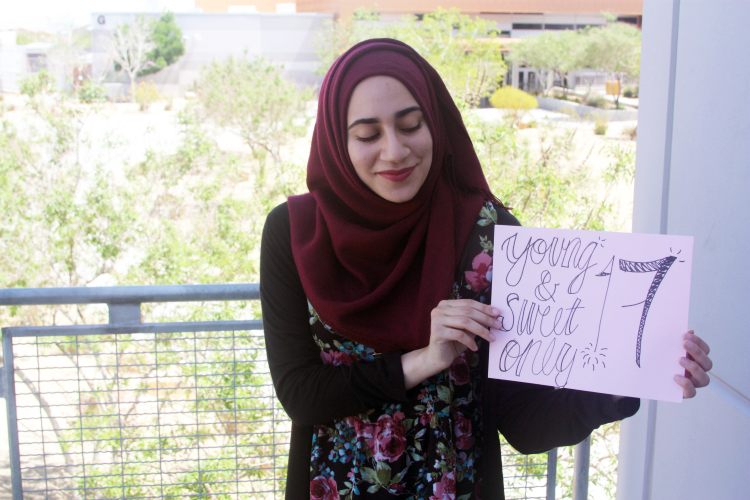
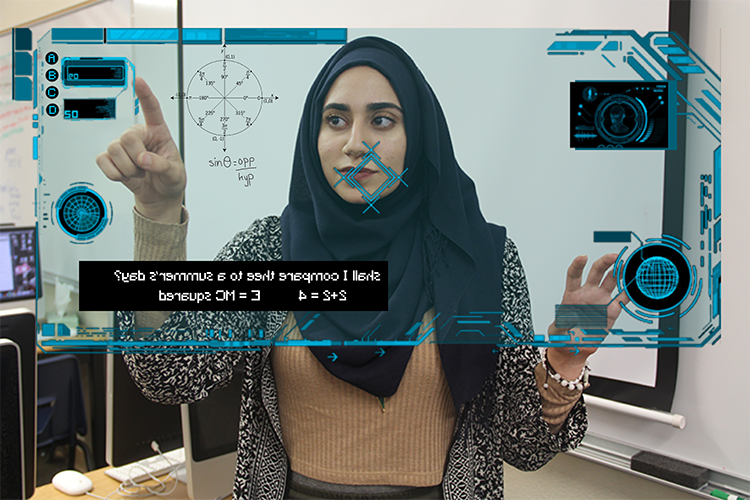

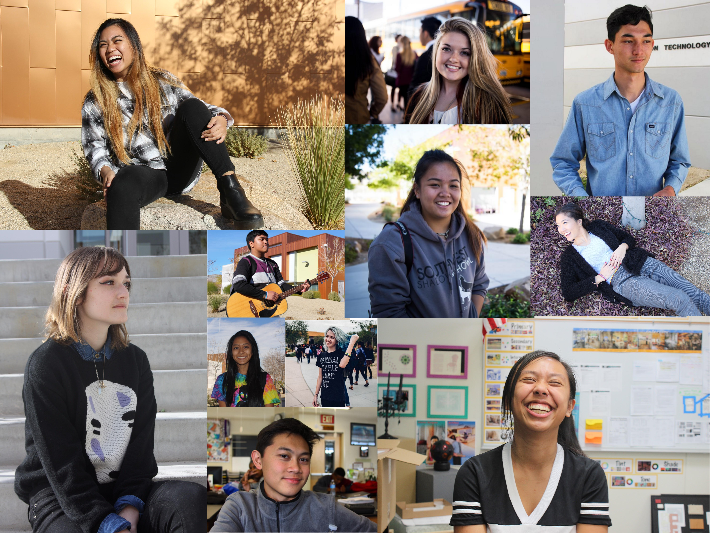






![Weighing her options, senior Allyana Abao decides between going on a practice drive or calling an Uber. Though unlicensed, Abao has considered driving to be a significant milestone of teen independence despite alternatives that provide much easier solutions.
“You're able to be independent and not rely on others,” Abao said. “You're able to get a job, get things that you need, go places you need to go. I have so many places that I want to go to and I ask [my family] for so much. I want to be independent to where they know that I can do things on my own, so they know that they don't have to be there for me.”](https://southwestshadow.com/wp-content/uploads/2025/10/IMG_2922-1200x900.jpg)
![Looking at the board, former BSU secretary Christina Altaye begins to prepare for BSU’s second year of Club Feud. This year, “Are You Smarter Than a Ninth Grader?” will be replacing this event. “I think it’s a fun change [to Club Feud],” BSU Activities Director Hellen Beyene said. “[I think] it’s always fun to do something new and different.”](https://southwestshadow.com/wp-content/uploads/2025/10/Screenshot-2025-09-29-11.06.43.png)
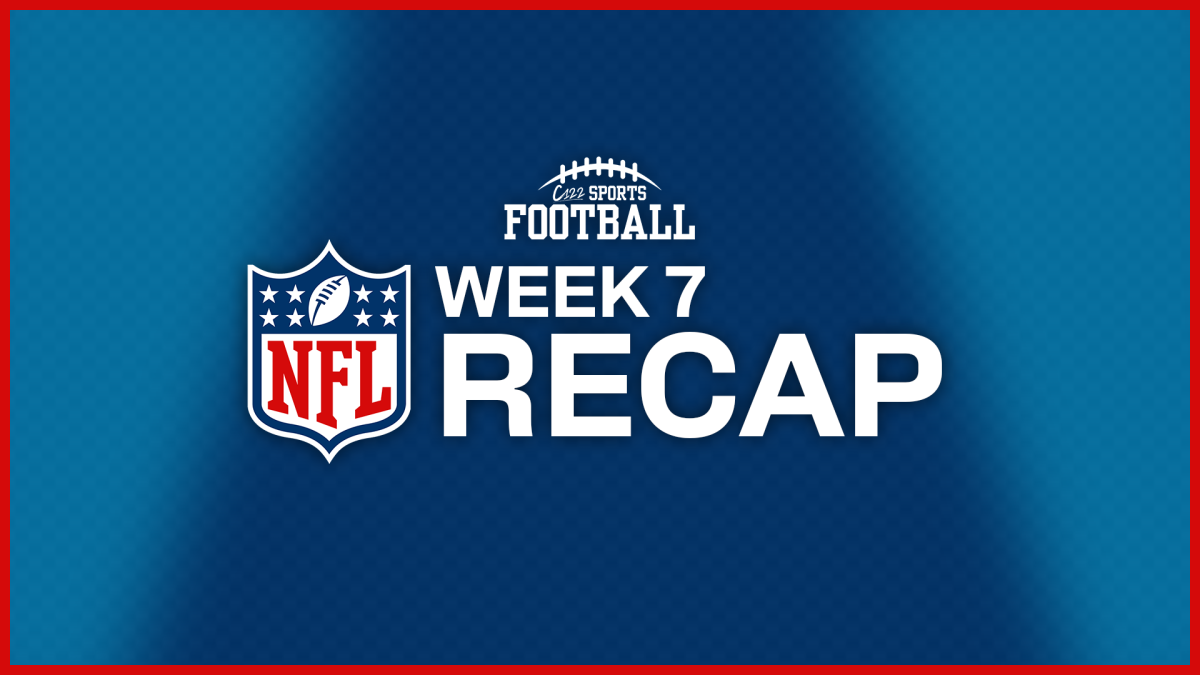
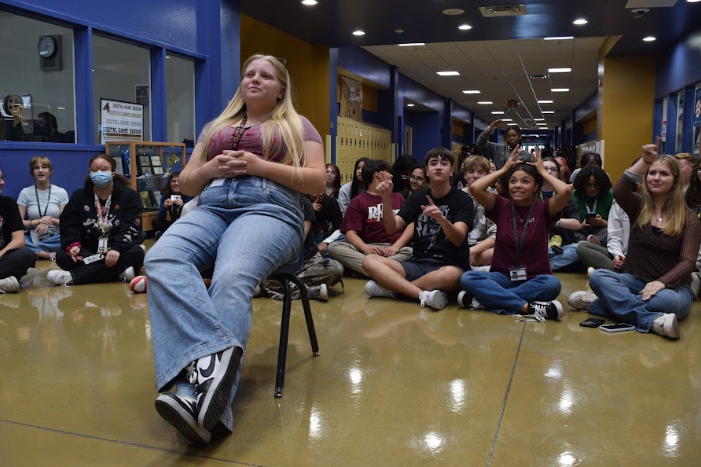
!["I will be attending Trunk or Treat [for FCCLA]" junior Crystal Li said. "We're gonna use Mr. Harbeson's car, and we will be [hosting three different activities]."](https://southwestshadow.com/wp-content/uploads/2025/10/IMG_0980-1200x900.png)